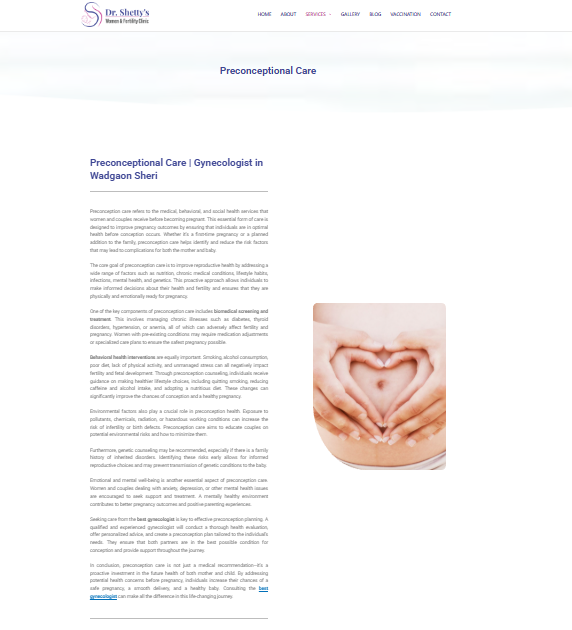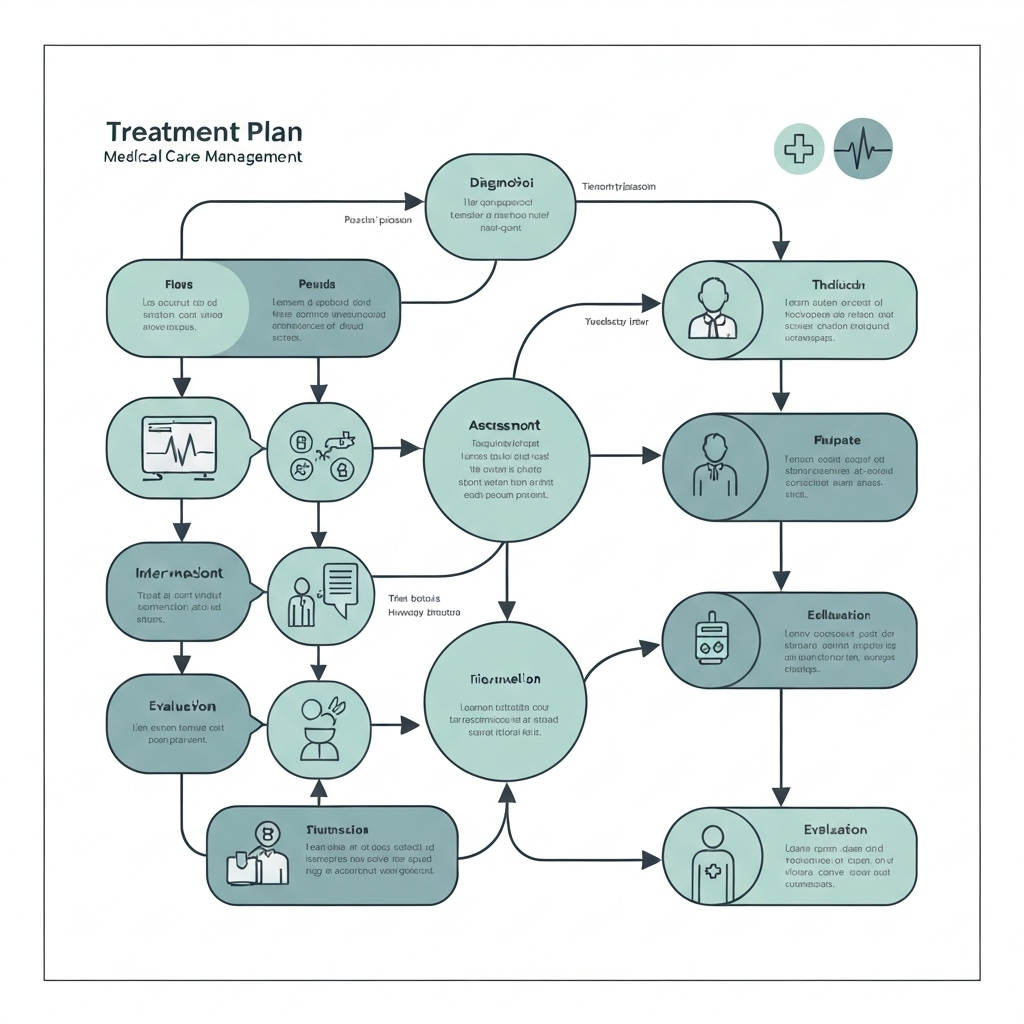PCOD
Expert care and guidance from Dr. Meenal Warade, your trusted gynecologist.

About PCOD
Polycystic Ovary Syndrome (PCOS) is a common hormonal disorder affecting women of reproductive age. It's characterized by irregular menstrual periods, excess androgen levels, and polycystic ovaries. PCOS affects 5-10% of women and is one of the leading causes of infertility, though many women with PCOS can still conceive with proper treatment.
The condition involves multiple symptoms that can significantly impact quality of life, including weight gain, acne, excessive hair growth, and mood changes. Early diagnosis and comprehensive management can help control symptoms, reduce long-term health risks, and improve fertility outcomes.

Expert Consultation
Personalized care with comprehensive evaluation and treatment planning.

Advanced Technology
State-of-the-art equipment for accurate diagnosis and effective treatment.
Common Causes & Risk Factors
The exact cause of PCOS is unknown, but several factors contribute to its development. Insulin resistance plays a significant role, with many women with PCOS having difficulty using insulin effectively, leading to increased insulin and androgen production.
Genetic factors are important, as PCOS often runs in families. Having a mother or sister with PCOS increases the risk. Hormonal imbalances, particularly elevated levels of androgens (male hormones), disrupt normal ovarian function and menstrual cycles.
Inflammation in the body may contribute to PCOS development, and excess weight can worsen insulin resistance and hormone imbalances. Environmental factors and lifestyle choices may also influence the condition's development and severity.

Lifestyle Factors
Understanding how daily habits and choices impact your health.

Genetic Factors
Family history and genetic predisposition considerations.
Prevention & Management
While PCOS cannot be completely prevented due to genetic factors, lifestyle modifications can significantly reduce symptoms and prevent complications. Maintaining a healthy weight through balanced nutrition and regular exercise helps improve insulin sensitivity and hormone balance.
A diet low in refined carbohydrates and high in fiber, lean proteins, and healthy fats can help manage insulin levels. Regular physical activity, including both cardiovascular exercise and strength training, improves insulin sensitivity and helps with weight management.
Early diagnosis and treatment prevent long-term complications such as diabetes, heart disease, and endometrial cancer. Regular monitoring of blood sugar, cholesterol levels, and blood pressure helps detect and manage associated health risks. Stress management and adequate sleep also support hormonal balance.

Regular Screening
Early detection through routine examinations and preventive care.

Treatment Planning
Customized treatment approaches tailored to individual needs.
Frequently Asked Questions
Ready to Get Started?
Schedule your consultation with Dr. Meenal Warade today for personalized care and expert guidance.